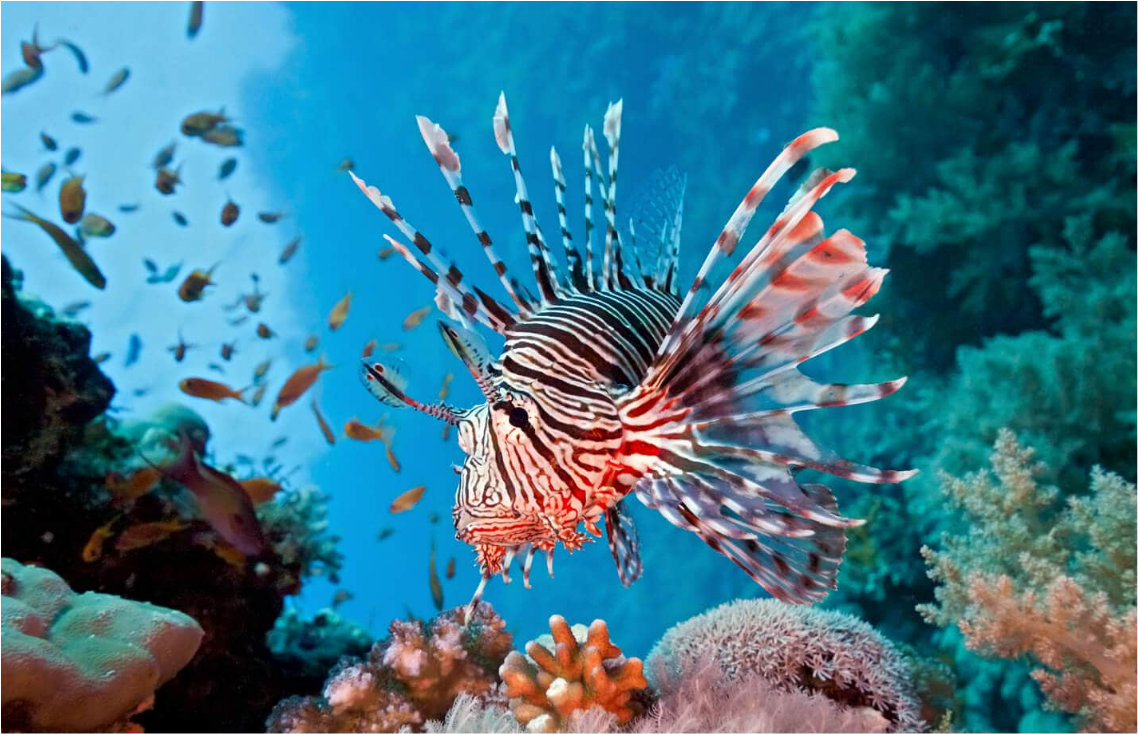
Scientists have mapped coral reefs in the Caribbean to identify those most likely to survive climate change. Corals with the best chance of surviving marine heatwaves are mostly found along Cuba's northern shoreline.
Other promising locations include the Bahamas, Dominican Republic, Guadeloupe, Haiti, eastern Jamaica, and the state of Florida in the United States.
Coral reefs are incredible natural wonders of the sea. They are an important ecosystem for underwater life, they protect coastal areas by reducing the power of waves that hit the coast, and they provide a vital source of income for millions of people. Coral reefs are teeming with life. On a single reef, thousands of species can be found.
They are one of the world's most endangered ecosystems, made up of hundreds of thousands of tiny creatures.
According to a recent IPCC report (top-level UN reports written by scientists), only 10 to 30 percent of coral reefs are expected to survive warming of up to 1.5 degrees Celsius. If the temperature rises above that, the chances of survival are severely harmed.
Takeaways from New IPCC Climate Change Report
Now and then: Corals are being threatened by rising temperatures.
On the restored reef, fish 'whoops and growls' can be heard.
The researchers looked at factors like hurricane damage and heat stress while comparing different climate models. They used this to create a list of coral species that should be protected as a result of their increased resilience to climate change.
Iliana Chollett, the lead researcher, said that locating and managing the places that hold the "greatest promise to sustain key species" will be critical for helping these valuable habitats survive as the planet warms.
The findings are already influencing reef conservation efforts, with Ximena Escovar-Fadul of the global environmental non-profit The Nature Conservancy adding, "to deliver durable, climate-smart protection for those ecosystems most likely to survive this century."
However, the scientists claim that their findings, along with those of other studies, show that coral reefs will not survive a 2°C increase in temperature, implying that immediate greenhouse gas emission reductions are required to save them for future generations.









